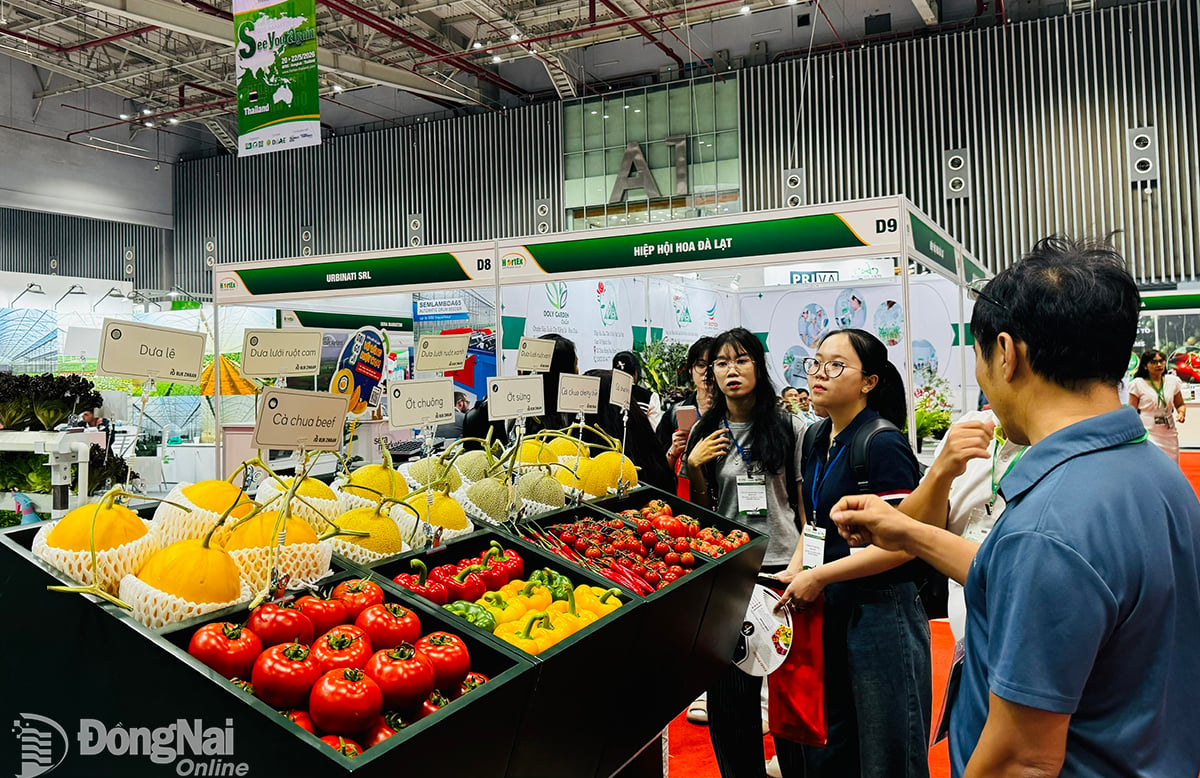 |
| Booth displaying agricultural products for export at the International Exhibition on Production and Processing Technology of Vietnamese Vegetables and Fruits in Ho Chi Minh City in March 2025. Photo: B.Nguyen |
Vietnam's agricultural exports to the EU are increasing rapidly. If we do not do a good job in production, harvesting, preliminary processing, and packaging, agricultural products will face difficulties. Because the EU is increasingly tightening quality and policies are changing.
Increasing demands on standards
According to the Vietnam Fruit and Vegetable Association, in the past 4 years, the export value of agricultural, forestry and fishery products to the EU has increased by less than 50%, but the number of warnings has increased by nearly 300%. Specifically, in 2020, Vietnam's agricultural exports to the EU reached more than 2.9 billion USD and increased to more than 4.2 billion USD in 2024. The number of cases of Vietnam's agricultural products exported to the EU being warned has increased rapidly. In 2020, there were 40 warnings in the fields of plants, fisheries and livestock; in 2023, there were 67 warnings and in 2024, there were 114 warnings. In the first 2 months of 2025 alone, Vietnam continued to receive 16 warnings.
The main warnings are pesticide residues, microbial contamination and mycotoxins, and heavy metal residues. Warnings in the aquaculture sector are antibiotic residues in products. In addition, there are a number of other warnings related to food additives, environmental pollutants, etc.
According to Mr. Nguyen Van Muoi, Deputy General Secretary of the Vietnam Fruit and Vegetable Association, management agencies need to strengthen inspection and close supervision of supply chains, raw material areas as well as production, processing, packaging and transportation facilities for agricultural products for export to ensure compliance with regulations on epidemiology and quarantine.
Mr. Nguyen Van Muoi, Deputy General Secretary of the Vietnam Fruit and Vegetable Association, commented that the trend of countries is to increase food safety inspection measures for agricultural, food and aquatic products. Accordingly, agricultural products exported to the EU must ensure safety associated with traceability and the products must be exploited reasonably. For example, at the end of 2017, the European Commission withdrew the "yellow card" for Vietnamese exploited seafood exported to this market because Vietnam's efforts were still insufficient to combat illegal fishing. The EU is applying a series of solutions to reduce carbon emissions and prioritize green products.
Must change from the source of production
In order for agricultural products to meet export standards to the EU, there are a series of issues that need to be overcome, from safe production to packaging, preliminary processing, processing... all of which must follow very strict procedures.
In the field of plants, the EU's warnings on pesticide residues account for the highest proportion (about 56.7% of the total number of warnings). The main reason is that in crop cultivation in Vietnam, there is still an overuse of fertilizers and chemicals, especially when used without following procedures and regulations. Mr. Nguyen Van Muoi, Deputy General Secretary of the Vietnam Fruit and Vegetable Association, cited: “For durian trees in the fruit-bearing stage, fertilizer suppliers recommend that farmers only use 2kg of phosphate/durian tree, but when I went to the garden to ask farmers, I learned that they often use 5-6kg/tree. This situation is also quite common when they use other types of fertilizers and chemicals. Therefore, when checking agricultural products, there are often violations of residues. A reality in the aquaculture industry is the abuse of antibiotics, arbitrarily using the wrong type of antibiotics or using the wrong dosage and lacking understanding of harmful bacteria in the farming process. In addition, the farming environment is also polluted by fertilizers and pesticides…”.
Tan Yen Vegetable Cooperative (Gia Tan 3 Commune, Thong Nhat District) is a pioneer in building a safe production chain model that meets VietGAP standards. For many years, the cooperative has exported vegetables and fruits in large quantities. Director of Tan Yen Vegetable Cooperative An Tu Anh shared that currently, many types of vegetables and fruits are being sold at "gift-free prices" because the supply is greater than the demand. Meanwhile, exporting units have great difficulty finding sources of goods with large quantities to meet export orders. Because currently, not only demanding markets such as the EU and the United States have set high standards for agricultural products, but also easy-going markets have set stricter technical barriers. The cooperative has to travel to many provinces and cities to find safe raw material areas, but when testing samples, they all fail to meet the standards. The most difficult thing is not only the residual pesticides but also the risk of agricultural products being contaminated with herbicides is very high because through widespread and long-term use, soil and water sources are also contaminated with these chemicals.
Dr. Doan Huu Tien, Director of the Center for Technical Equipment Transfer (Southern Fruit Institute), compared the area of fruit trees, especially export fruit trees, which is increasing very rapidly. Although Vietnamese fruits have been exported to dozens of countries, including many demanding markets such as Japan and the EU, up to now, fruit exports mainly depend on China. Especially now, many demanding markets are tightening technical barriers with many changes in policies for imported agricultural products. Many problems in the production stage make it difficult for Vietnamese fruits to meet demanding export markets such as: the application of non-uniform technical processes, uneven fruit quality, difficulty in controlling food hygiene and safety and tracing the origin of fruits. The area of fruit trees that have achieved GAP certification and are granted growing area codes is still modest. Many farmers have implemented safe production processes very well when obtaining certification, but once they have it, they are negligent and do not strictly follow this process. This is also the reason why product quality is not guaranteed. The most important thing for producers is to be honest, strictly follow the production process, and have a farming diary. Here, transparency about the production process is needed for consumers.
Binh Nguyen
Source: https://baodongnai.com.vn/kinh-te/202503/canh-bao-nong-cua-lien-minh-chau-au-ve-nong-san-xuat-khau-3e24841/





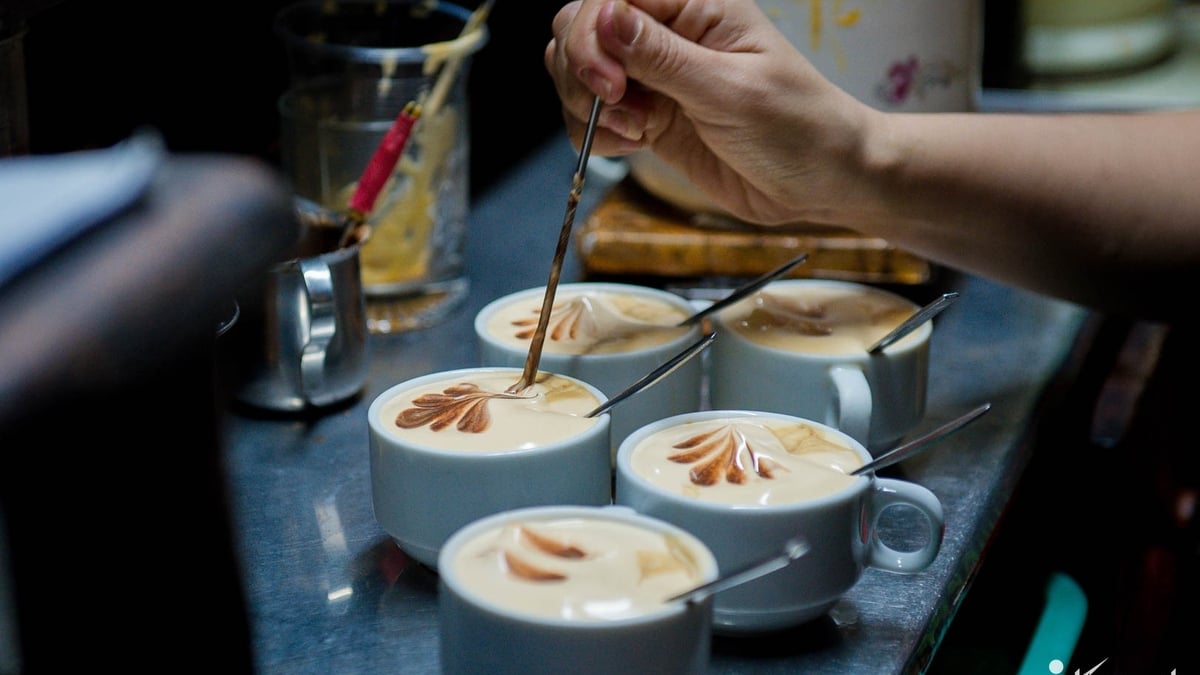


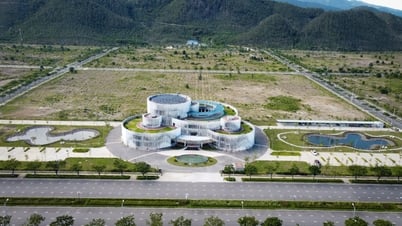
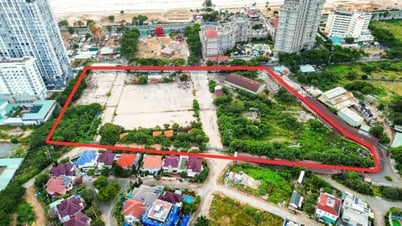

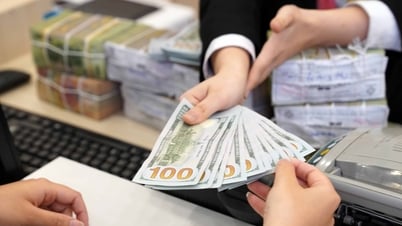
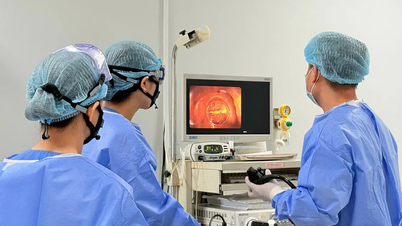
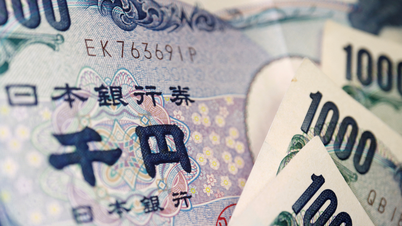





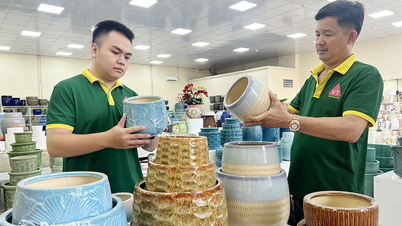
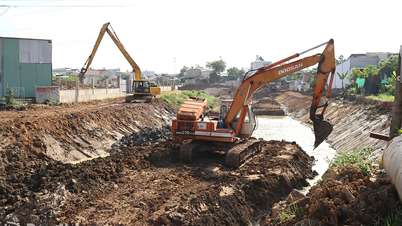
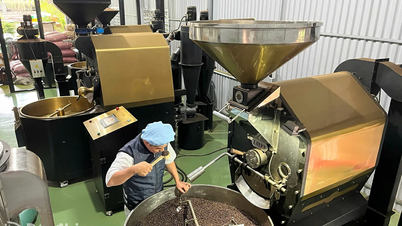
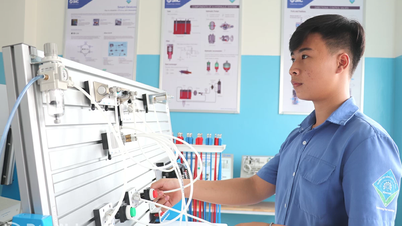
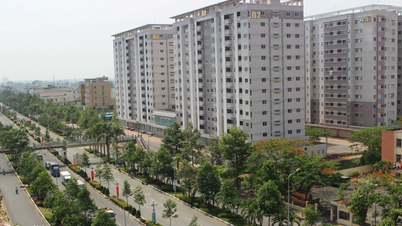



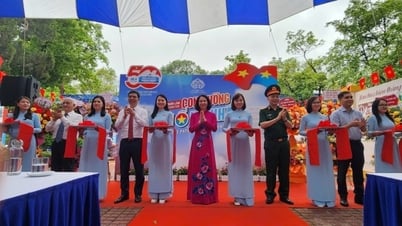

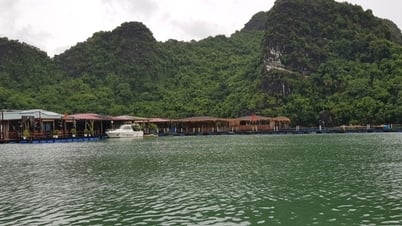







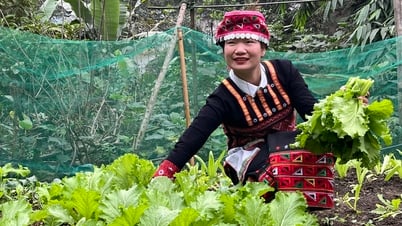

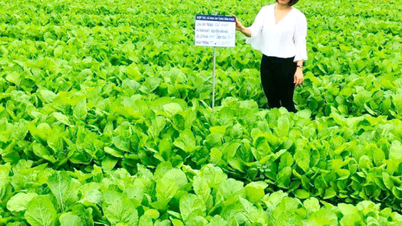

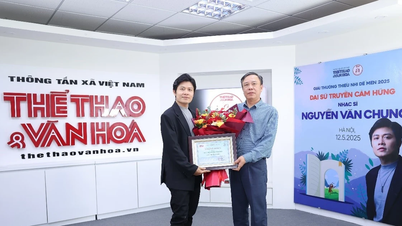

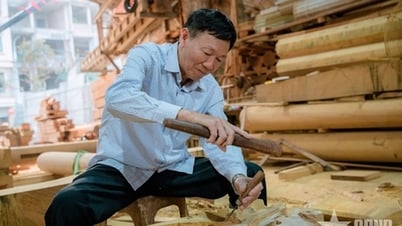


























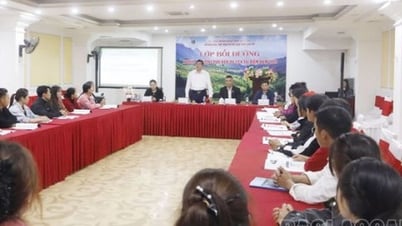


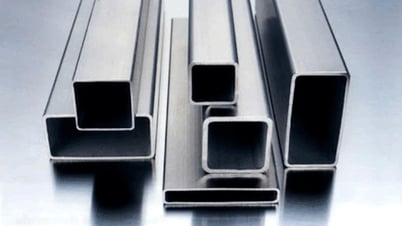

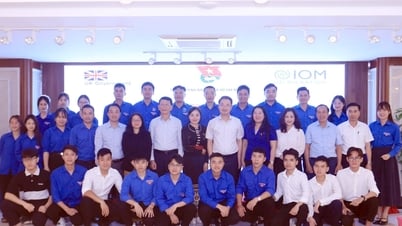



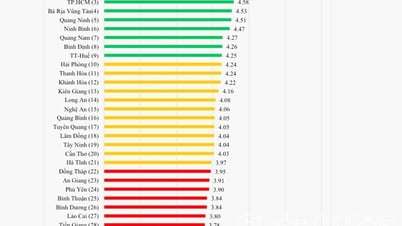






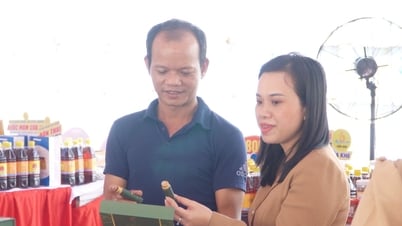
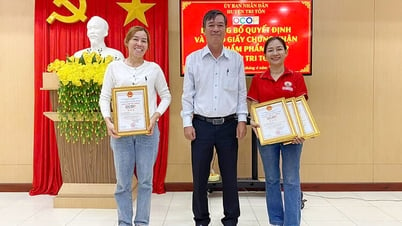



Comment (0)